here is a Timeline of
Our History




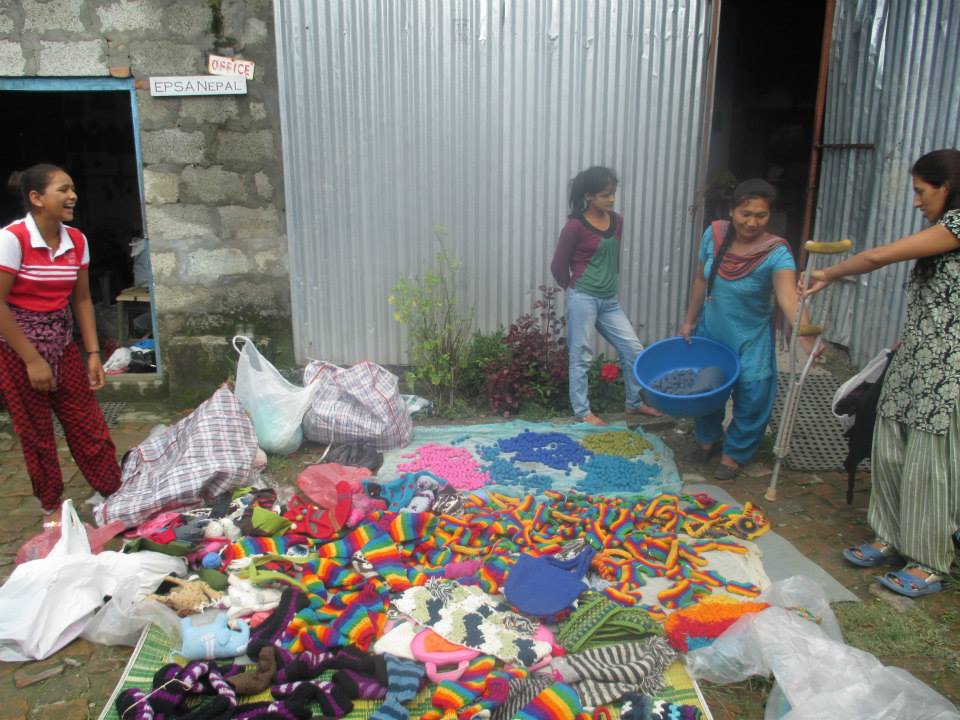
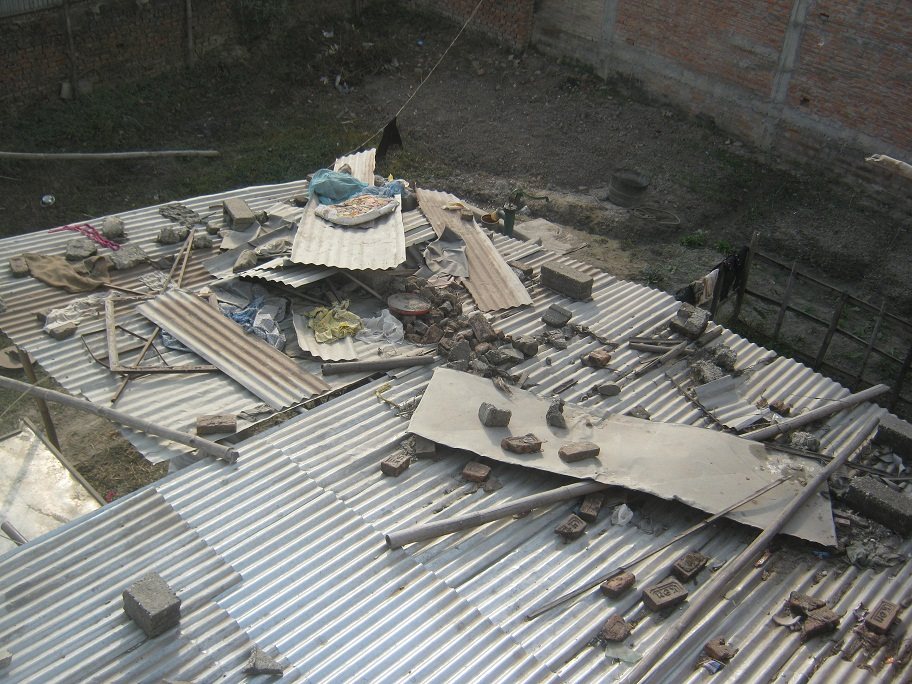
2009
In 2009, Sangita Pant returned from her masters in Tokyo to found EPSA. Unable to secure a rental property due to discrimination, she rented a piece of land on the outskirts of Kathmandu and constructed a zinc shed. Initial products included candles, soap, and knitwear. Starting with five women with disabilities, every week these items were produced and sold in the streets of Thamel. Profits from these sales were reinvested into purchasing more materials, allowing us for gradual expansion.
This entrepreneurial spirit and determination attracted more women with disabilities, who were inspired by the possibility of earning an income.
2010
In 2010, while selling her wares in Thamel, she noticed that tourists were particularly interested in felt products. Recognizing an opportunity, she began developing new designs and ideas to produce felted items, which were easier to transport and sell in the center of town.
With the increasing demand, the zinc shed was expanded into a proper cemented structure, providing a more stable and secure workspace. The operation grew rapidly, and the number of people involved increased to around 25 and then more in the following years.













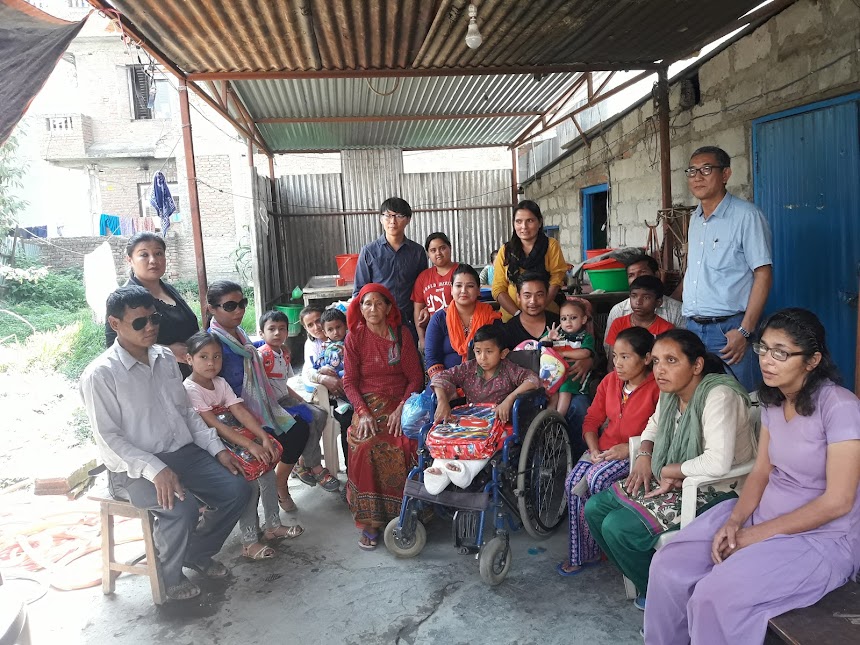



2015
Nepal’s 2015 left the EPSA facilities in ruins. The disaster was particularly harrowing for the women at EPSA, as their disabilities made it difficult for them to escape the collapsing building. Ms. Sangita Pant suffered broken legs, and the lack of adequate medical care, food, and water caused long-lasting pain and suffering.
Despite the hardships, the earthquake brought a new wave of awareness about EPSA. Many newly injured and disabled individuals eventually joined the organization. In response to the crisis, friends of EPSA around the world organized fundraisers, and loans were secured to rebuild. With these combined efforts, land was purchased, and EPSA’s current facility was established.
2017
By 2017, large construction projects were underway to build new housing and training facilities for EPSA’s members with disabilities. This ambitious effort attracted a significant number of volunteers from around the world, all dedicated to helping construct the new facilities. Their support and hard work were instrumental in transforming EPSA’s vision into reality.
During this period, EPSA also resumed the production of handcrafted goods, expanding their offerings to include tailored items. This revival not only provided employment opportunities for the members but also showcased their skills and creativity to a broader audience.


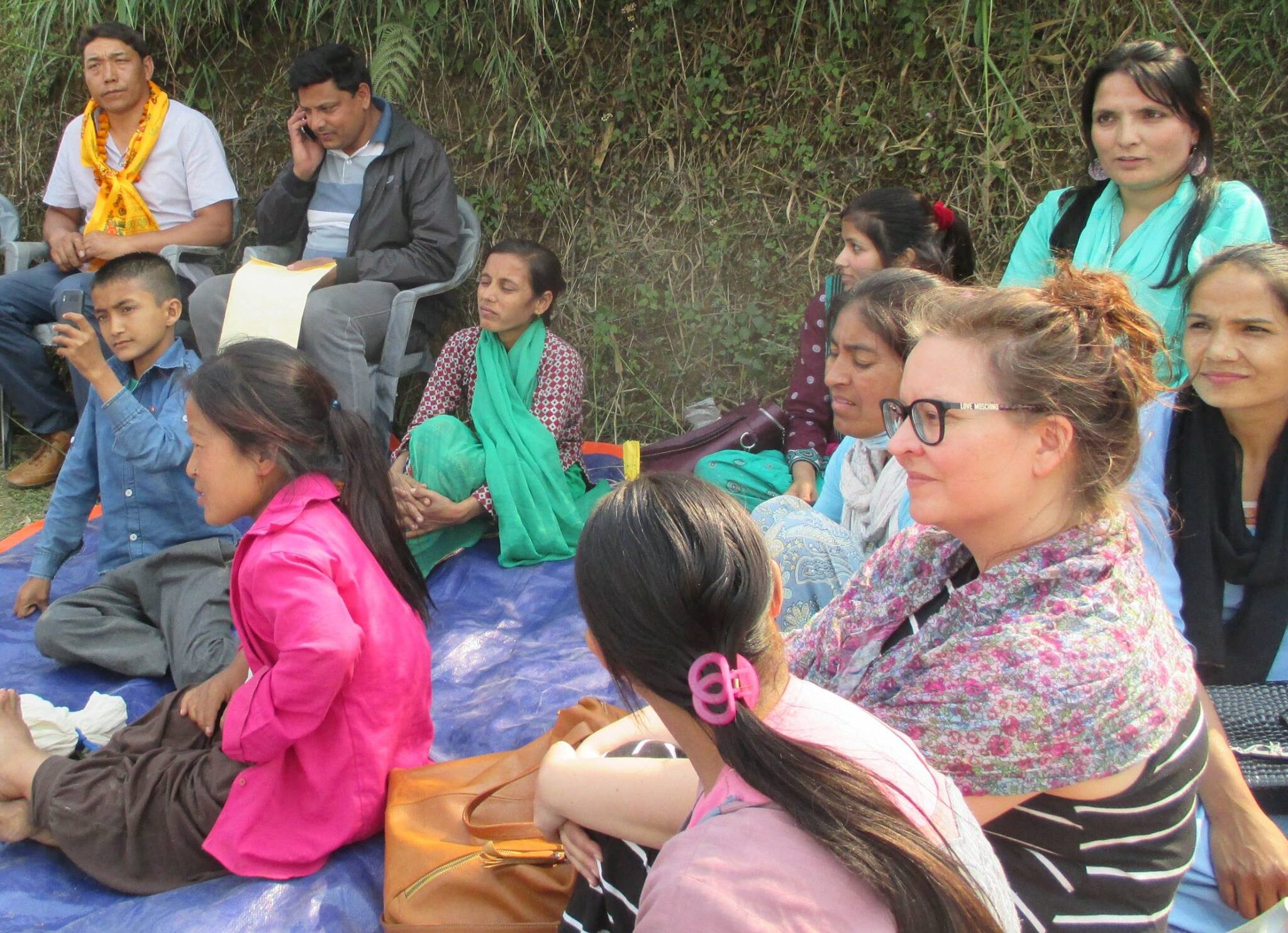









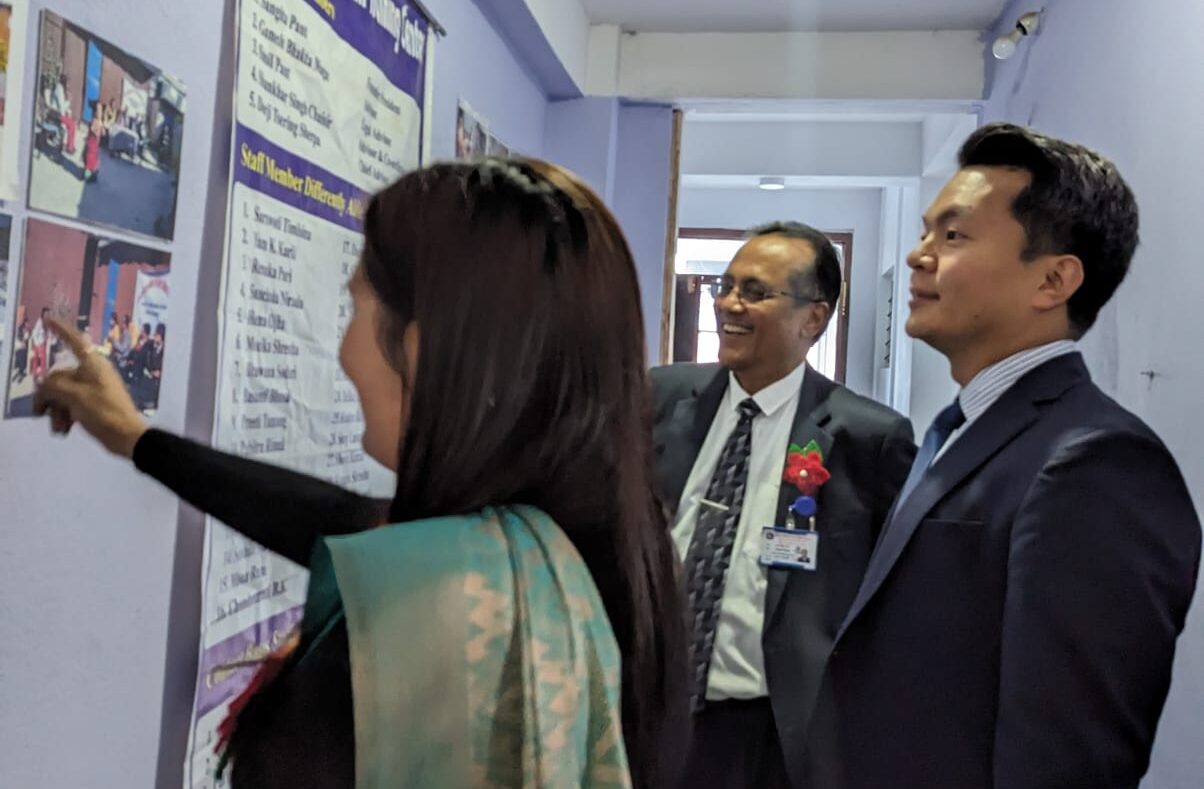
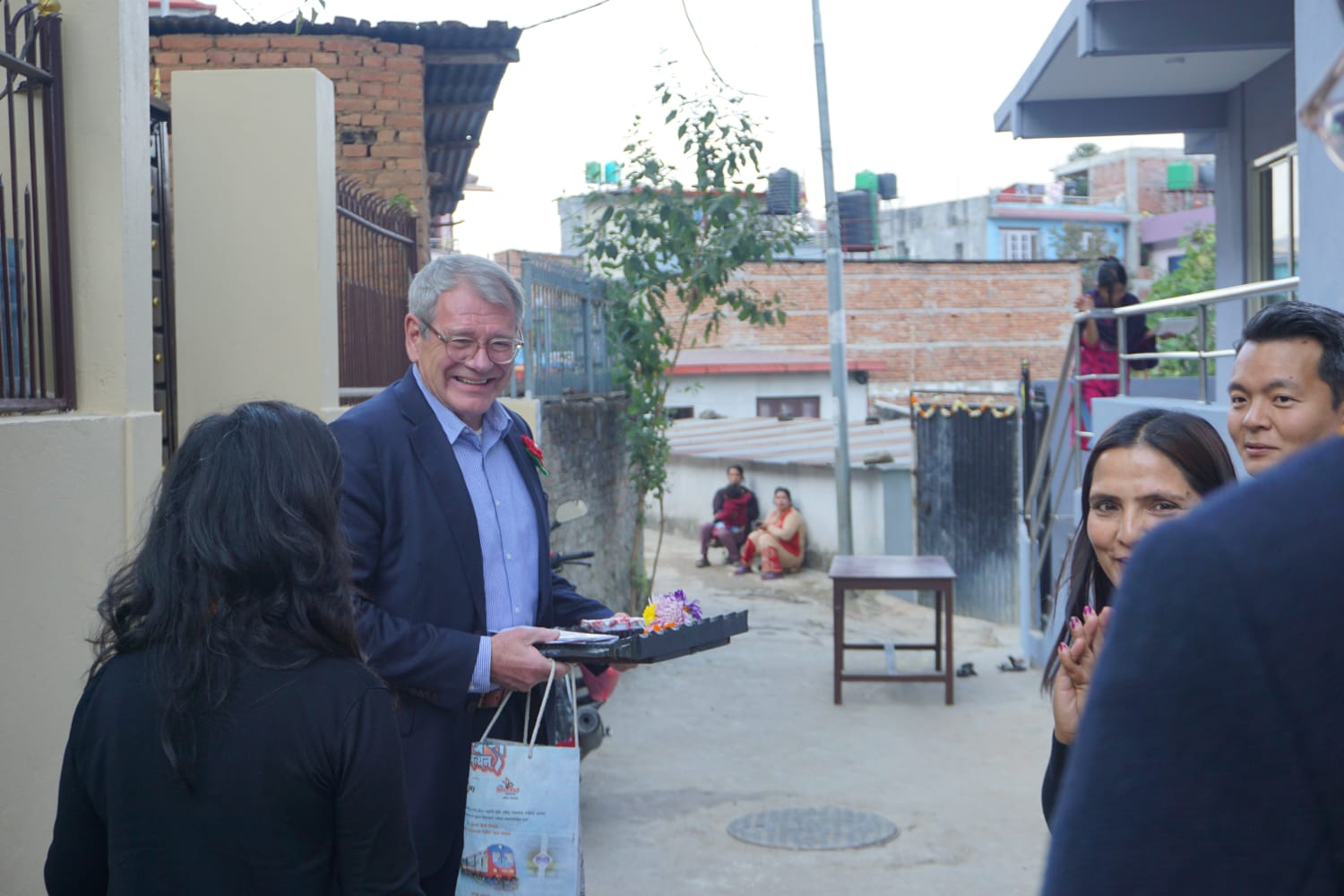
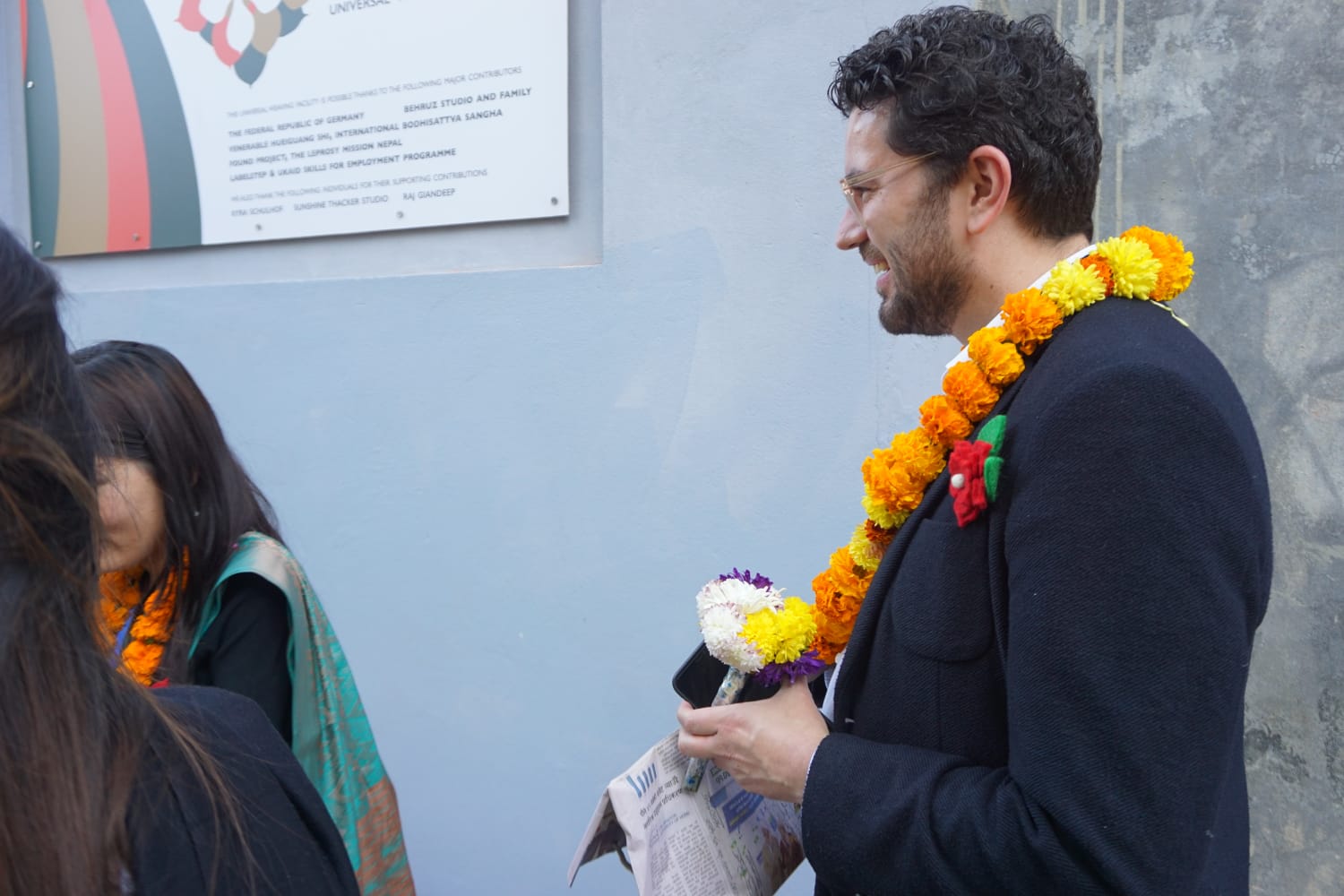
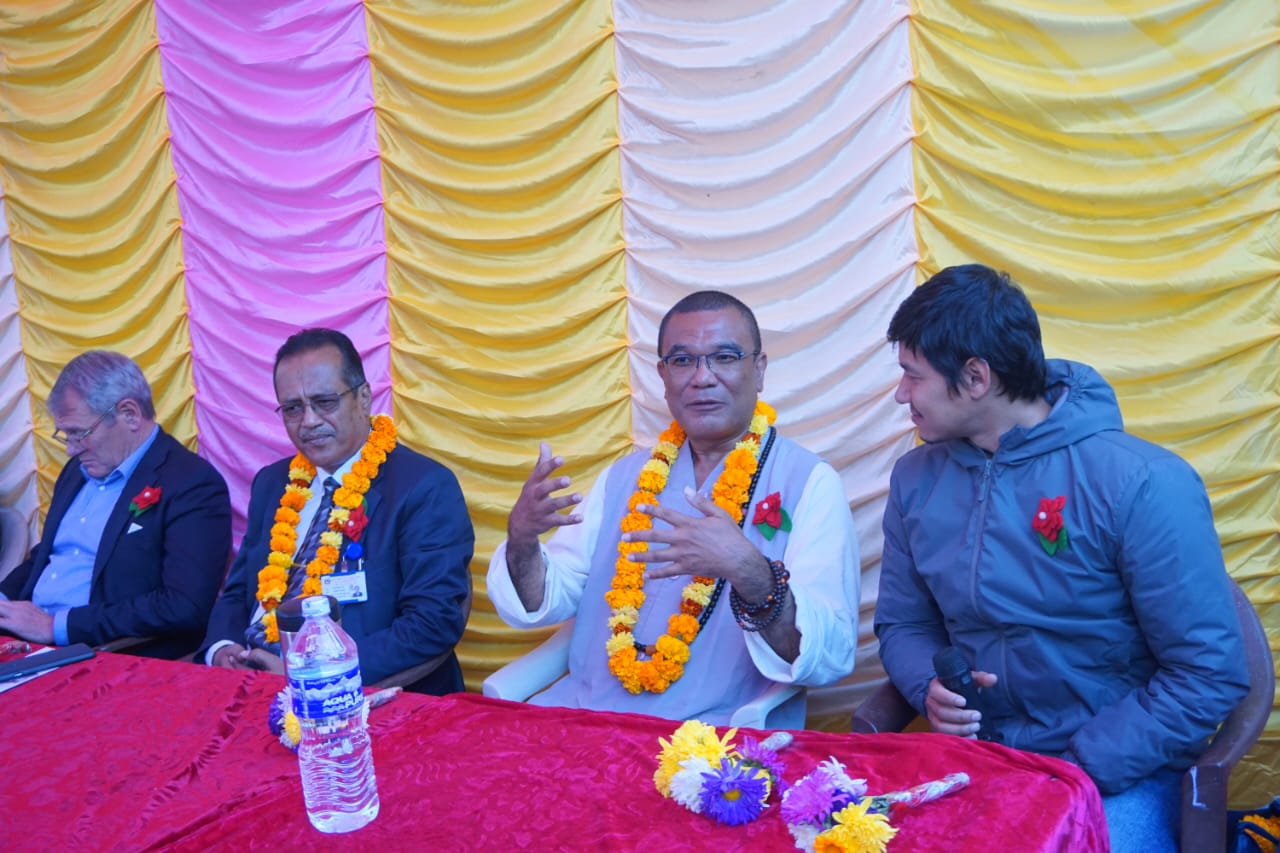
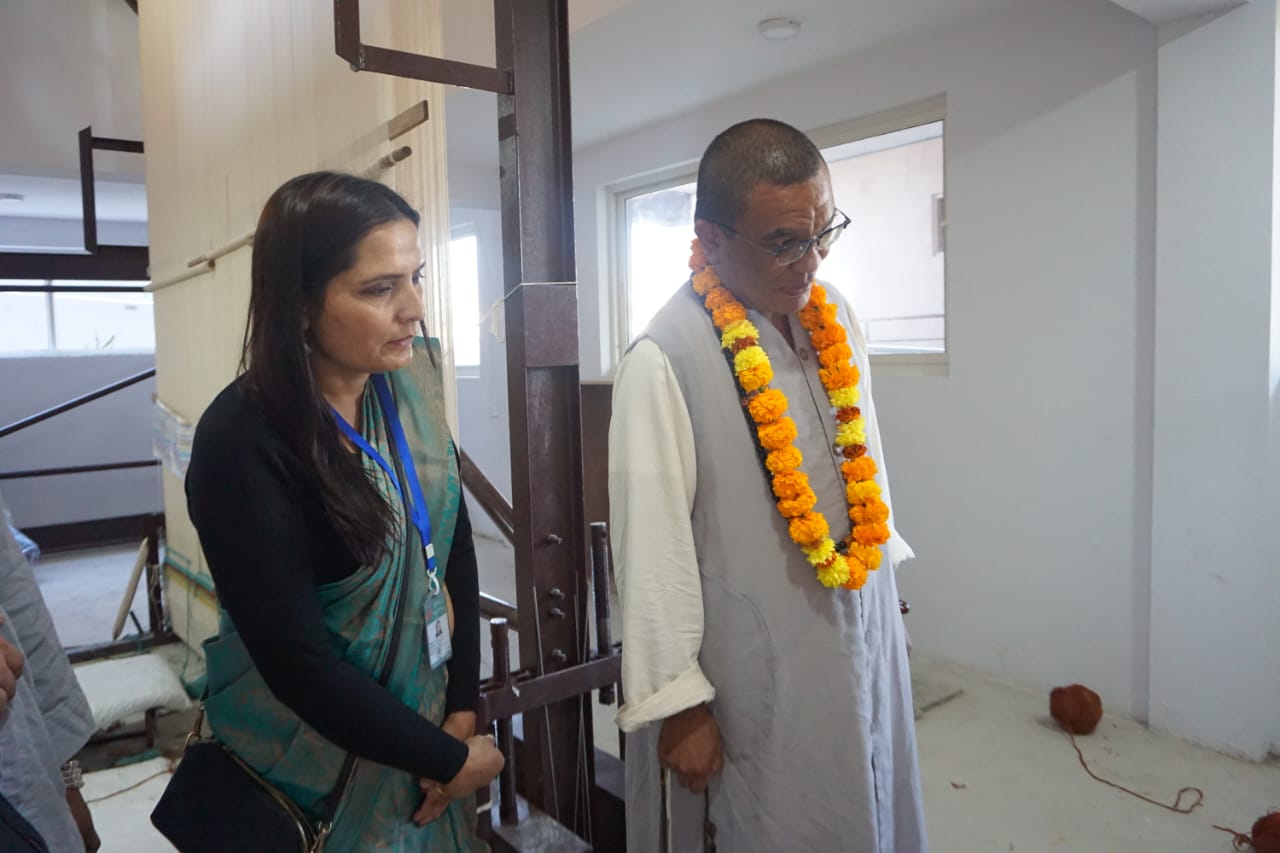
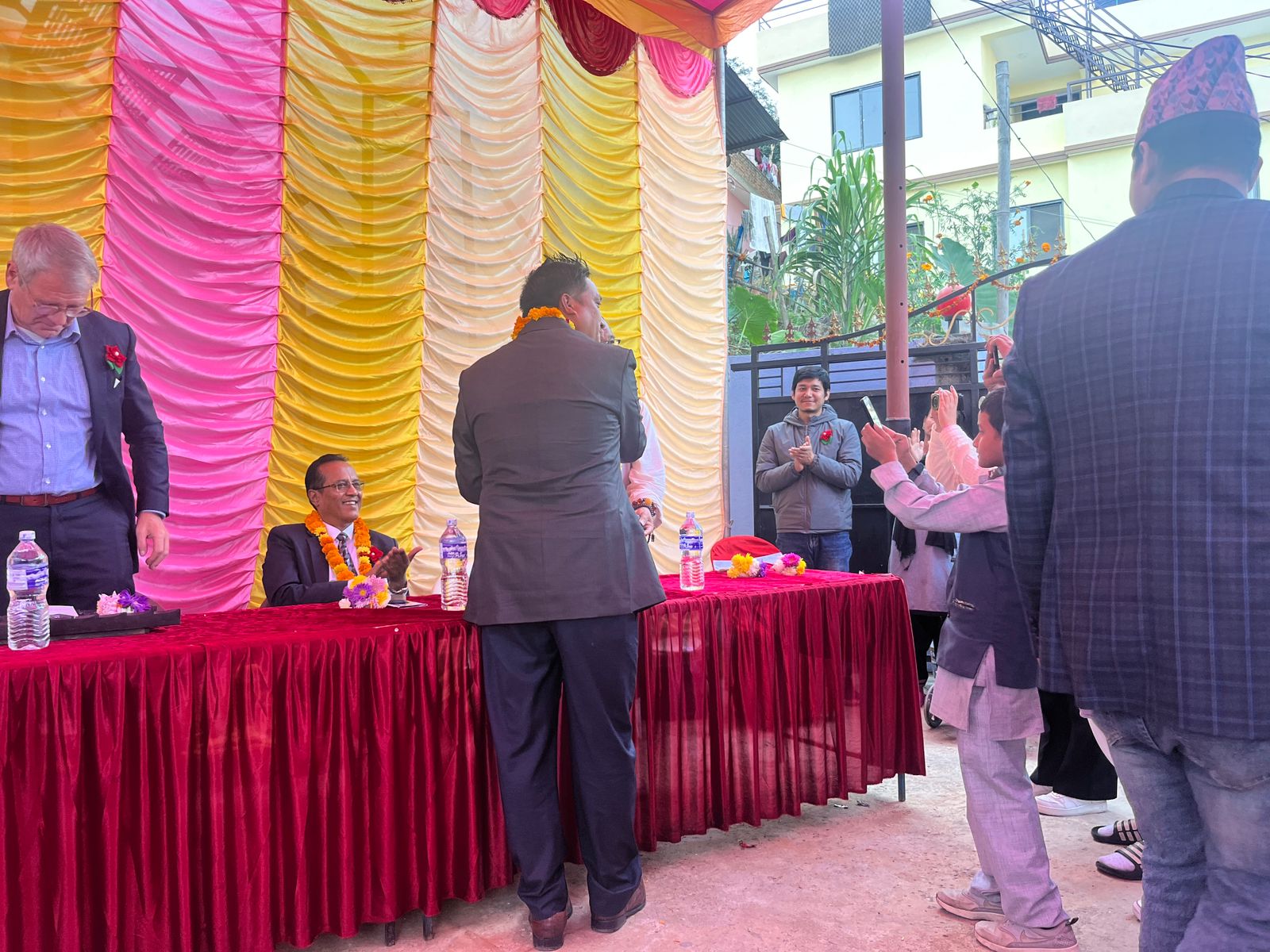
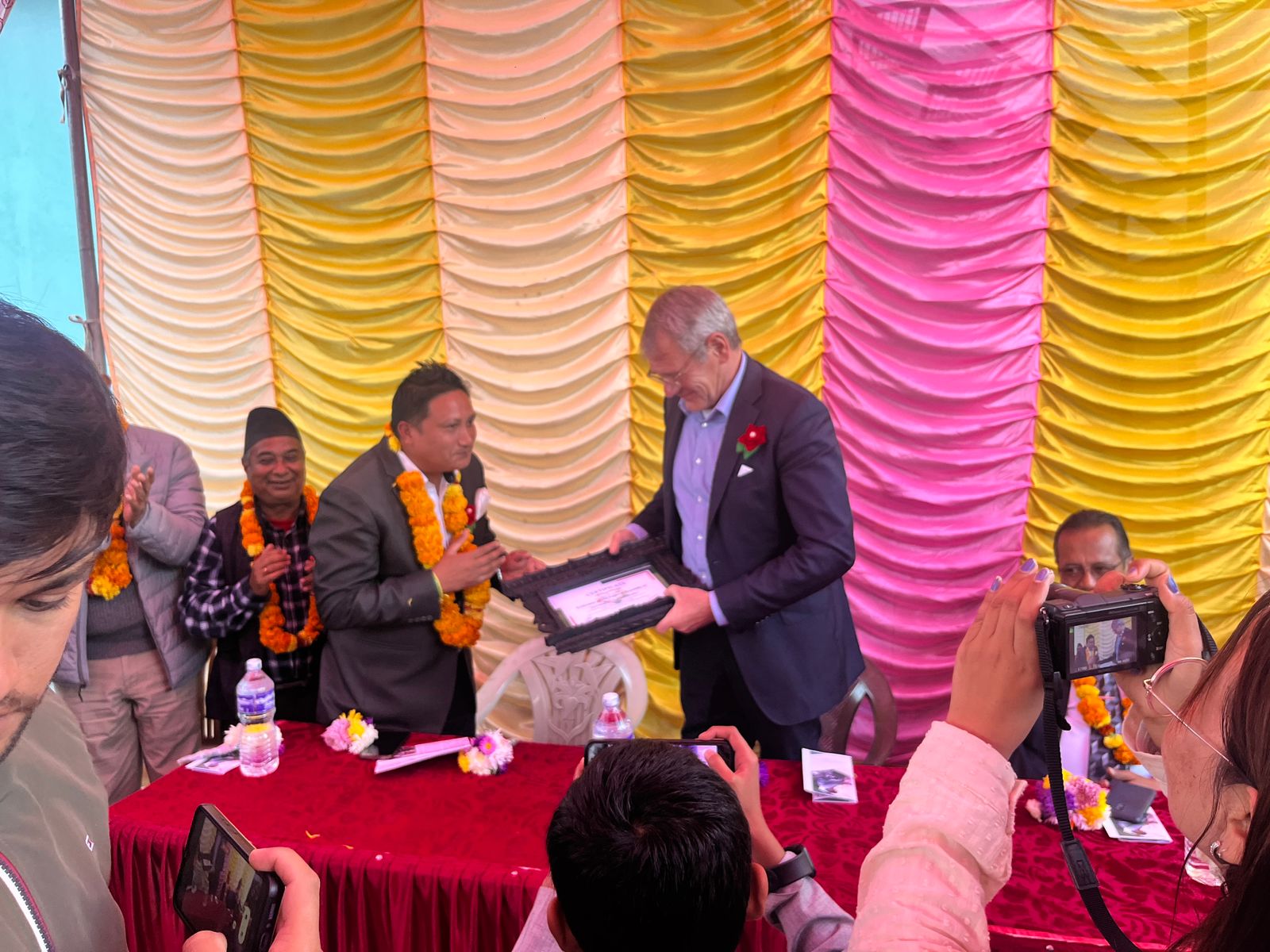
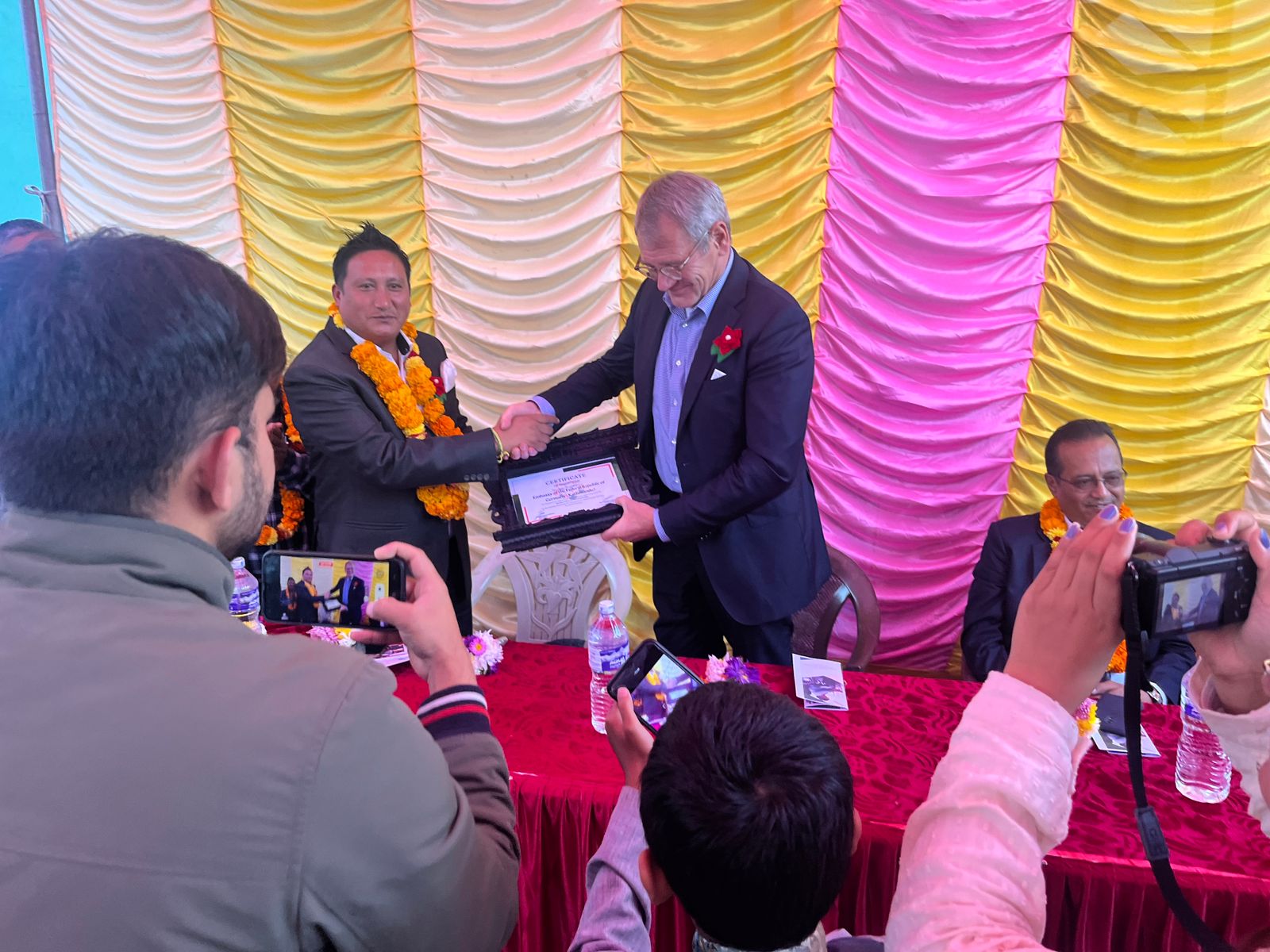
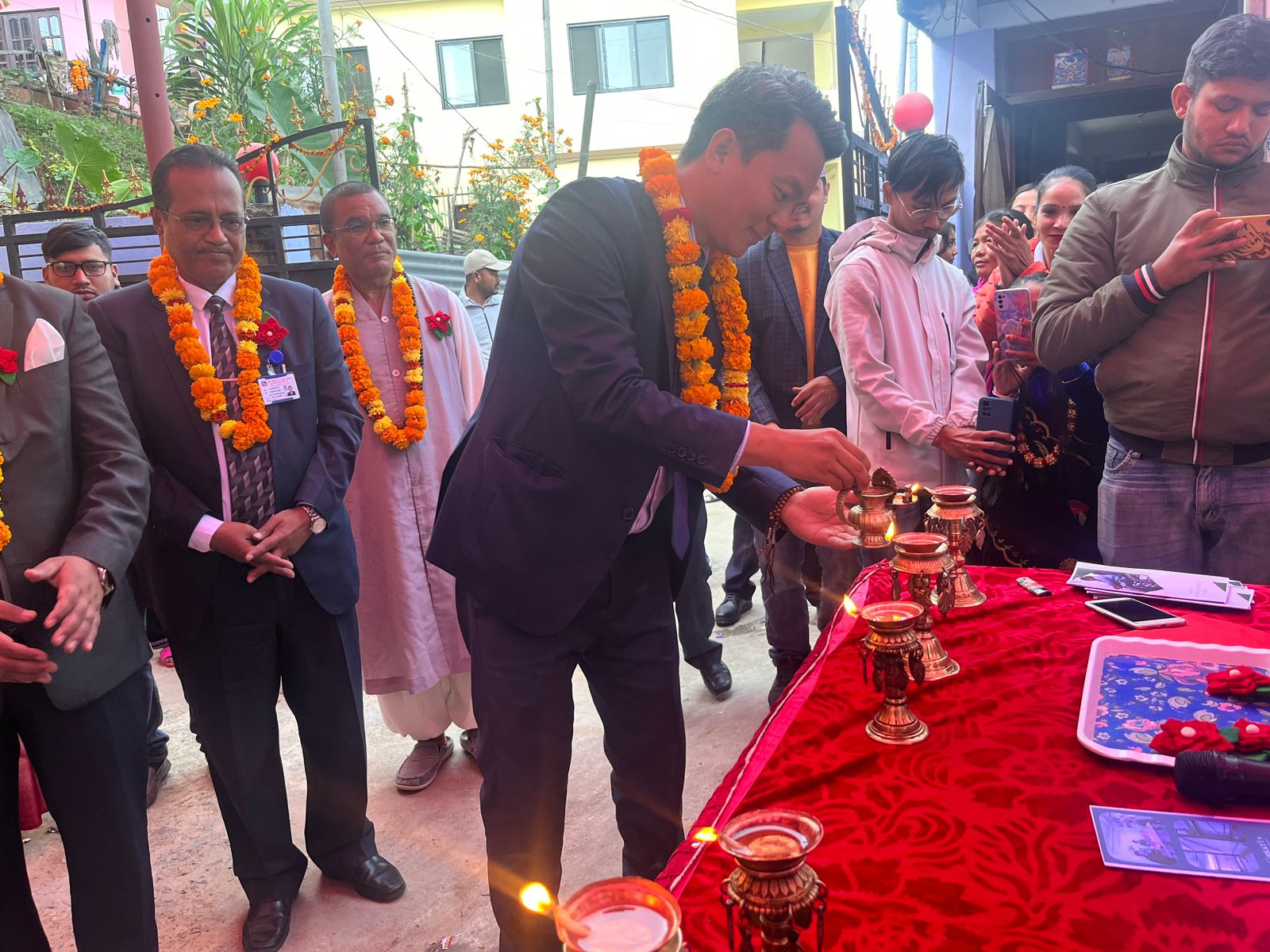
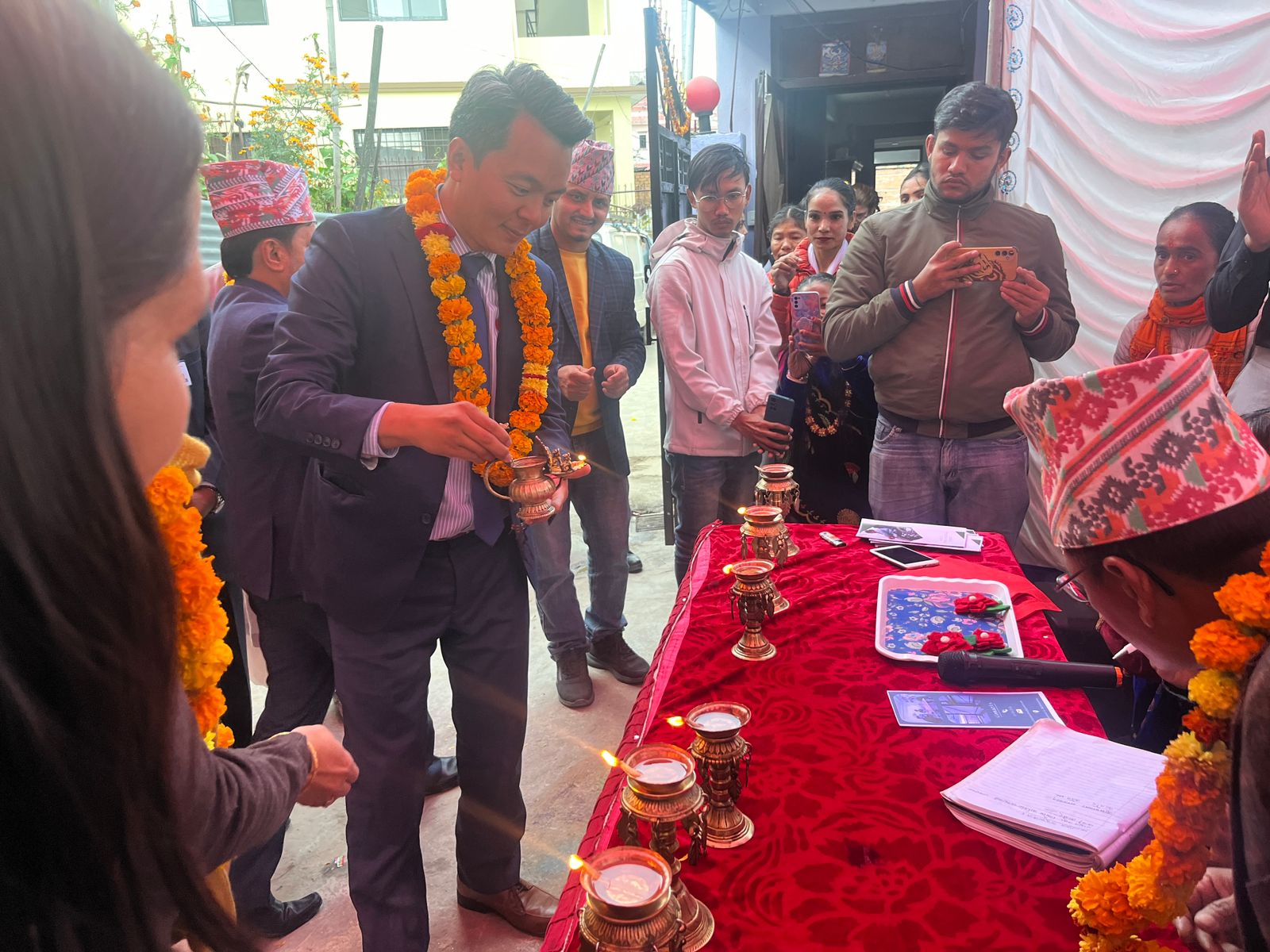
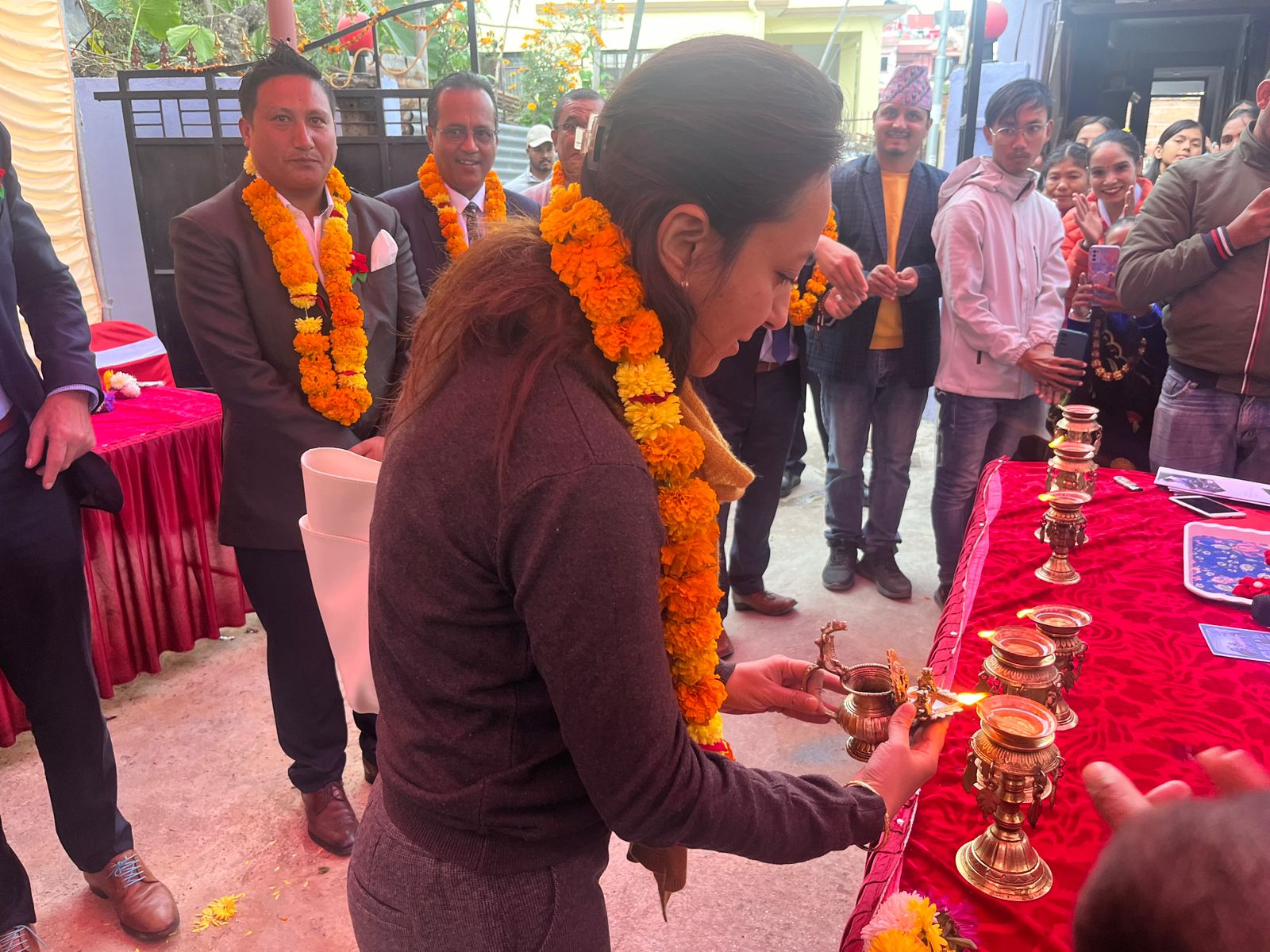
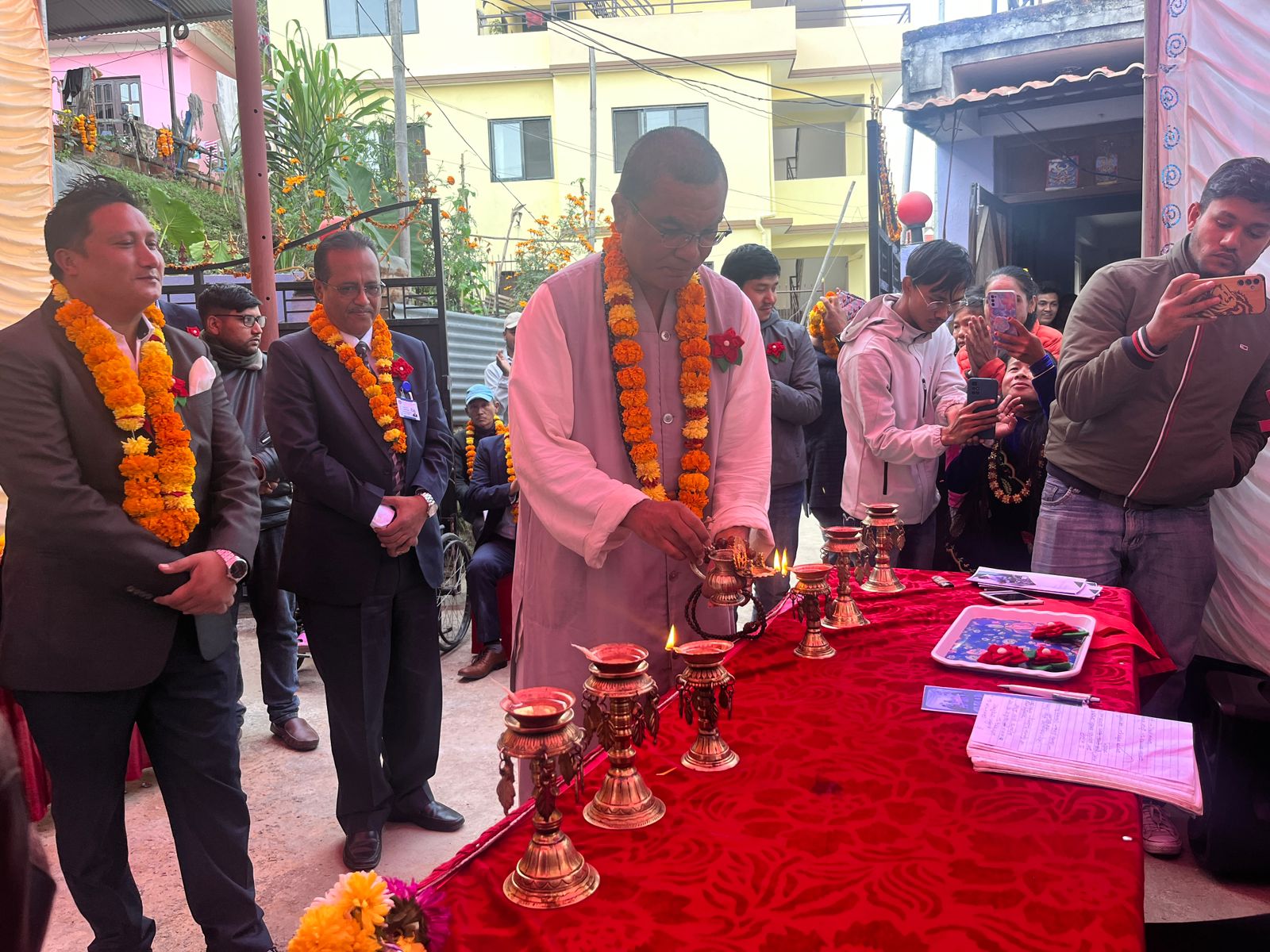
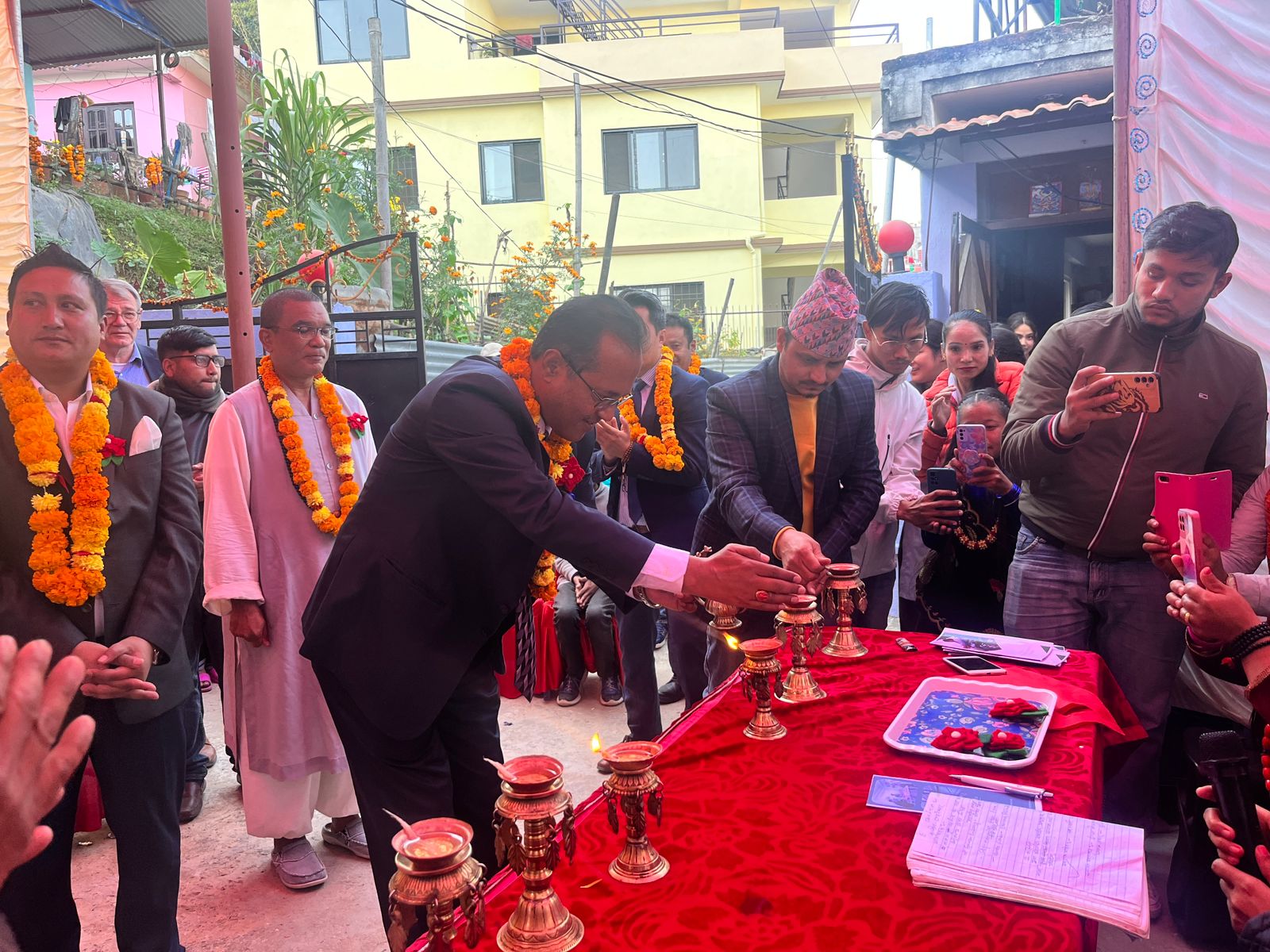
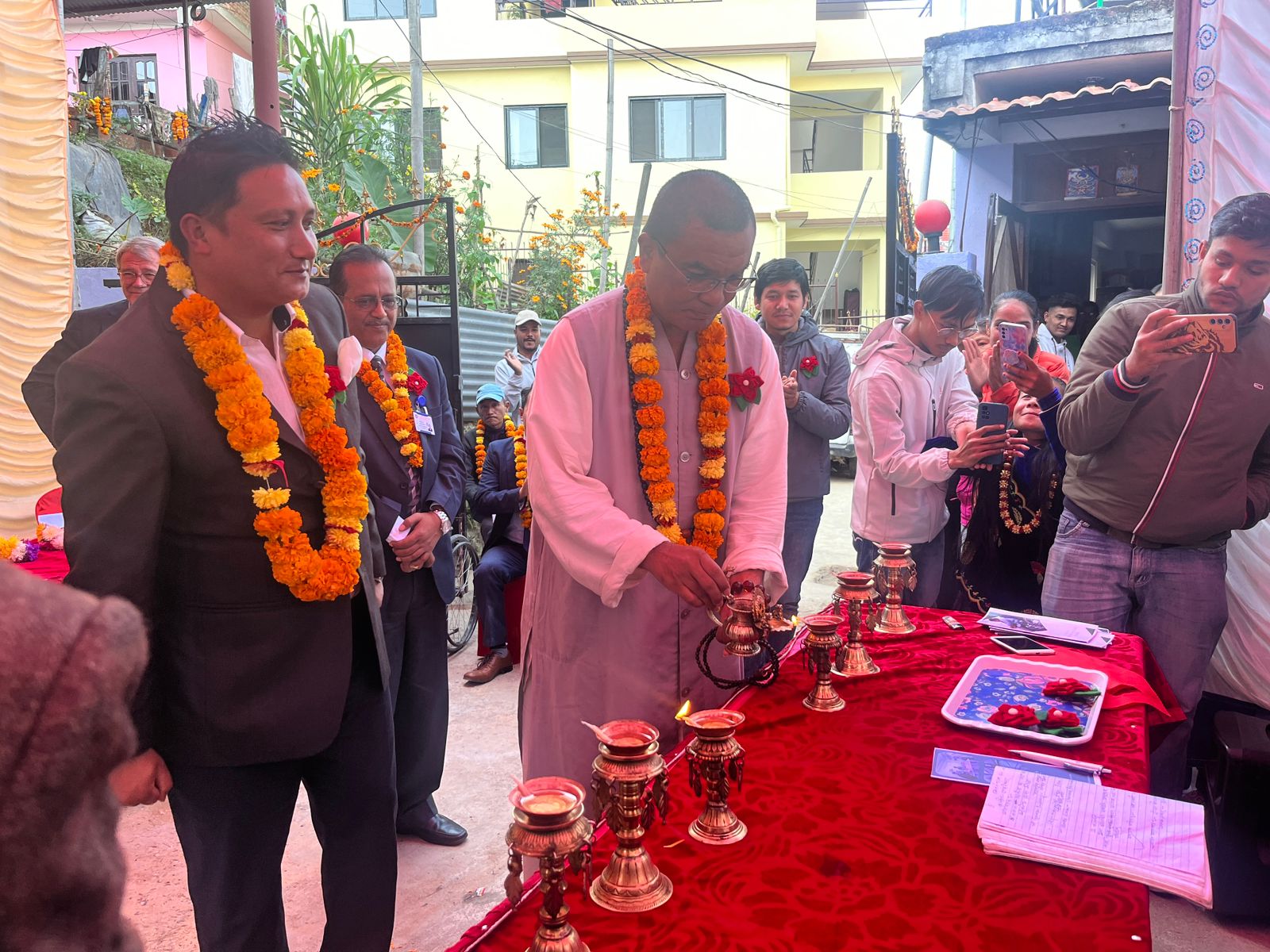
2021
Leading up to 2021, Nepal was severely impacted by the COVID-19 pandemic, which disproportionately the affected persons with disabilities. Despite these challenges, EPSA continued to adapt and find new ways to support its community.
In partnership with a carpet company, EPSA initiated the construction of a new facility named Karuna. This facility was designed to train its members in carpet production, tapping into Nepal’s second-largest export industry. The Karuna facility represented a strategic move to diversify EPSA’s training programs and provide sustainable employment opportunities for its members.
